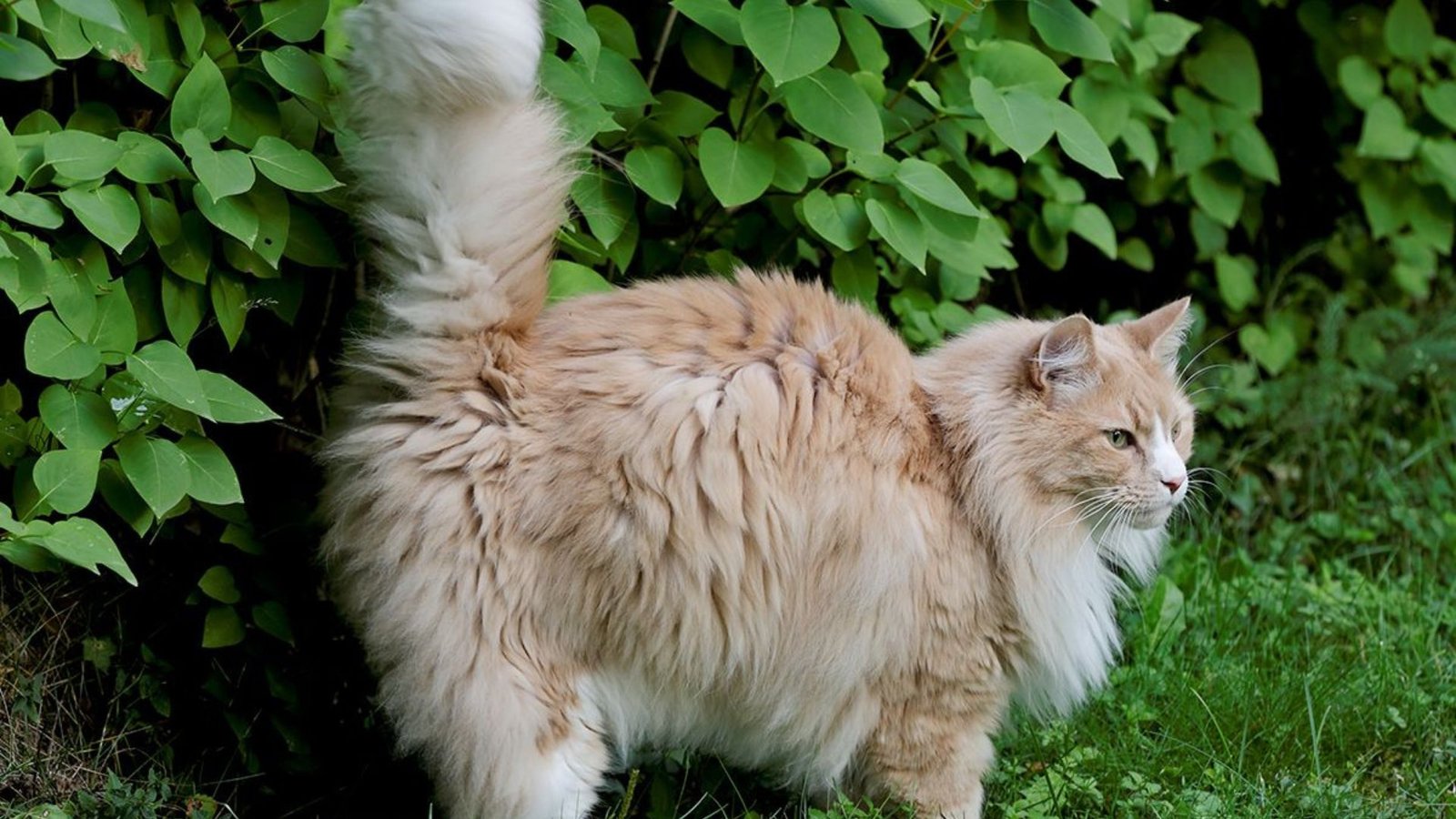One of the most common behavioral issues cat owners face is male cats spraying. This territorial behavior can be frustrating and difficult to manage, but don’t worry! With a few simple strategies, you can prevent your male cat from spraying and keep your home fresh. In this article, we’ll share practical tips to help you stop this behavior and create a peaceful, clean environment for both you and your cat.

1. Neuter Your Male Cat Early
The most effective way to prevent male cats from spraying is to neuter them. Unneutered male cats are more likely to spray as a way to mark their territory. The surge of testosterone during sexual maturity triggers the spraying instinct.
By neutering your male cat, usually around 6 months of age, you can drastically reduce or even eliminate spraying. Neutering lowers testosterone levels, making male cats less likely to feel the need to mark their territory. If your male cat has already started spraying, neutering may still help reduce this behavior, though it might take some time.
2. Provide More Litter Boxes
Sometimes, spraying occurs because a cat feels his space is threatened or he doesn’t feel safe using the litter box. If you have multiple cats, it’s essential to provide one litter box per cat, plus an extra one. This helps reduce territorial stress and competition.
Make sure the litter boxes are clean and placed in quiet, private areas where your cat can feel secure. Male cats are more likely to spray when they feel they don’t have enough space to claim or if the litter box is too dirty.
3. Eliminate Stress and Anxiety
Stress is a major factor that can lead to spraying in male cats. Changes in the environment, such as moving to a new home, adding new pets, or even rearranging furniture, can trigger spraying.
To prevent spraying caused by stress, keep your cat’s environment calm and predictable. If your cat is exposed to stressful situations, provide him with a safe, quiet space where he can retreat and relax. Using feromone diffusers like Feliway can also help calm anxious cats and reduce spraying behavior.
4. Clean Sprayed Areas Thoroughly
If your male cat has already sprayed, it’s crucial to clean the affected areas thoroughly. The smell of urine can encourage your cat to spray the same spot again. Use an enzymatic cleaner that breaks down the proteins in urine and removes the odor completely. Avoid using ammonia-based cleaners, as they can mimic the scent of urine and encourage further spraying.
Once the area is clean, your cat will be less likely to return to the same spot and mark it again.
5. Provide Vertical and Horizontal Territory
Male cats are territorial by nature, and giving them enough space to establish their territory can help prevent spraying. Cats feel more secure when they have areas they can claim as their own.
Provide cat trees, shelves, or scratching posts where your cat can climb and mark with his scent glands. These vertical spaces give your male cat more room to feel secure and reduce his urge to spray. Horizontal spaces like window perches or cozy hiding spots can also help. The more your cat feels that his territory is well-defined, the less likely he is to mark it by spraying.
6. Address Other Behavioral Issues
Spraying may sometimes be a result of other behavioral issues, like fighting with other pets or feeling threatened by the presence of outside cats. If your male cat sees another cat outside the window or hears one nearby, he may feel the need to mark his territory by spraying.
To address this, block your cat’s view of other cats by closing blinds or curtains or using window films to reduce visual stimuli. You can also help prevent aggression with other pets by keeping your cat’s environment peaceful and ensuring he has his own space and resources.
7. Consider Using a Behaviorist
If your male cat’s spraying continues despite your best efforts, you might want to consult a feline behaviorist. A professional can help identify the underlying cause of the behavior and provide tailored advice. A behaviorist may recommend techniques like positive reinforcement, or using special training tools to stop spraying.
In some cases, a behaviorist might suggest medications to help with anxiety or behavioral problems that are causing the spraying.
8. Keep Your Male Cat Indoors
Male cats are more likely to spray when they are allowed to roam outside. They mark their territory to communicate with other cats in the area. By keeping your male cat indoors, you reduce the chances of him coming into contact with other male cats, which can trigger spraying behavior.
Indoor cats are also safer from dangers like traffic, predators, and disease. Providing enough stimulation inside your home, such as toys, climbing structures, and interaction with you, will help your male cat stay happy and avoid the urge to spray.
Conclusion
How to prevent male cats from spraying largely comes down to managing their environment and addressing their needs. Neutering your male cat early, providing enough litter boxes, reducing stress, and giving your cat enough space to claim as his own can all play a significant role in stopping spraying.
By creating a calm, secure environment, and giving your male cat the attention he needs, you can significantly reduce or even stop spraying behavior altogether. Remember, patience and consistency are key when it comes to behavior modification. With the right approach, your home will stay fresh, and your cat will be happy.




